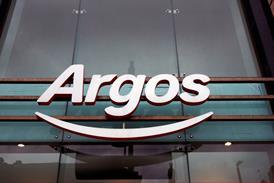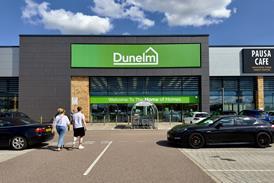Opinion: Summer statement cements retail’s place as UK’s invisible industry

There was hope, rather than expectation, that chancellor Rishi Sunak would offer retailers a lifeline this week.
As speculation about plans to dish out £500 in high street vouchers to every UK adult abounded, retailers crossed fingers that Sunak would unveil incentives for shoppers to open their purses and help shops emerge from the coronavirus crisis.
It wasn’t to be.
The British Retail Consortium was left ruing a “missed opportunity” for Sunak to help the industry. Shopworkers’ union Usdaw was “truly shocked” by retail’s omission from the summer statement and Retail Economics labelled retail “the forgotten sector” in the Chancellor’s latest spending plans.
I, and my colleagues at Retail Week, have grown frustrated at talking and writing about this same state of affairs over and over again.
Already have an account? Sign in here




















